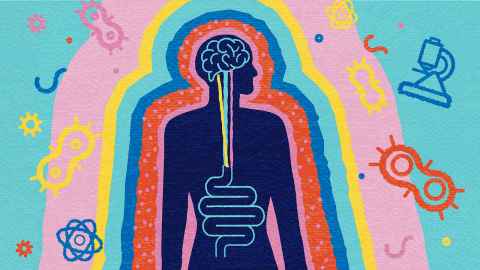
Anxiety, antibiotics, and revolutionary weight loss – inside the gut microbiome trials that could reshape treatment within years. Get your free tickets.
Rēhita ināianei | Register now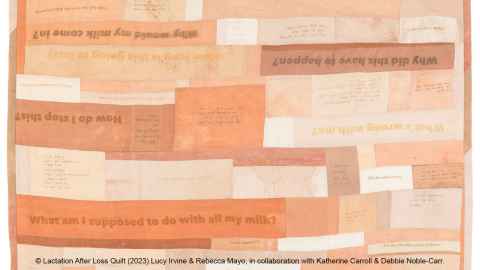
Healthcare professionals are invited to participate in a workshop and research project led by A/Prof Katherine Carroll from Australian National University.
Kimihia te roanga atu | Find out more
A Liggins health economist will help test whether continuous glucose monitoring for people with type 2 diabetes can improve outcomes and offer value.
Pānui ināianei | Read now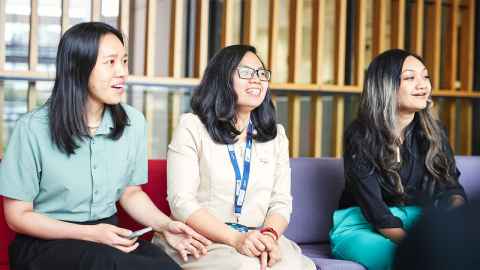
Join the Liggins Institute and you'll work alongside world-leading researchers to discover the determinants of health and disease.
Hōpara kowhiringa | Explore options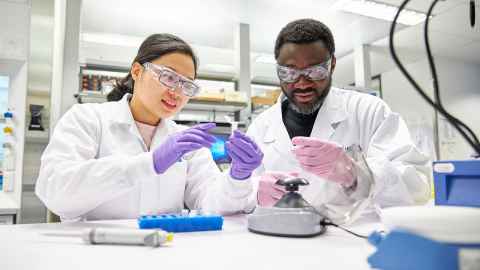
Let us know your study interests and contact details to receive helpful information about postgraduate study options and upcoming events.
Rēhita ināianei | Register now
We investigate the impact of our environment on the long-term health outcomes of this generation and the next.
Kimihia te roanga atu | Find out more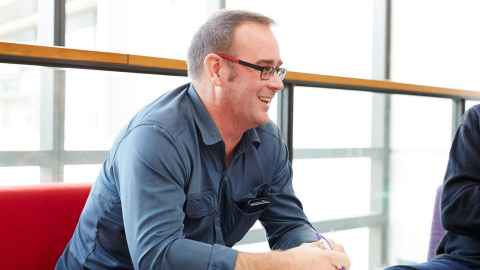
Our investigators answer a series of 10 questions to give you a glimpse into their work, as well as the highs and lows of a career in research.
Pānui ināianei | Read now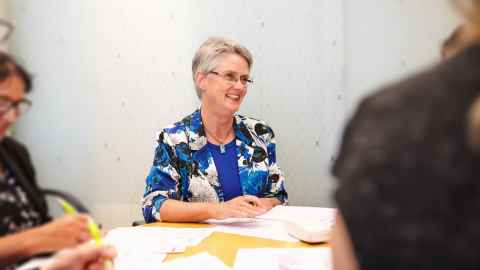
Meet the academic staff who lead our major research themes and programmes.
He aha ā mātou mahi | Learn what we do
From predicting early development in moderate-late preterm babies to the use of newborn screening cards, check out available postgrad research opportunities.
Tūhuratia | Discover
Internships, scholarships and awards are available to fund your Honours, Masters or PhD study at the Liggins Institute.
He mōhiohio anō | More info
What goes on at the Liggins Institute?
Find out what our students are investigating and what keeps them motivated.
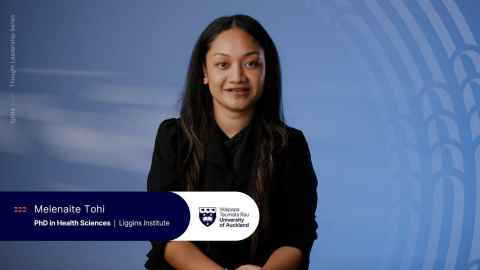
Read our latest Liggins Link to learn what's happening at the Liggins Institute, including study news, events, research breakthroughs, and more.
Pānui ināianei | Read now
Take part in a clinical trial, attend an event or make a donation. There are lots of ways to contribute to our life-changing research.
Kimihia te roanga atu | Find out more
Calling science enthusiasts and future students! Sign up to our bi-monthly newsletter for updates on our studies, events, research breakthroughs and more.
Rēhita ināianei | Register now


